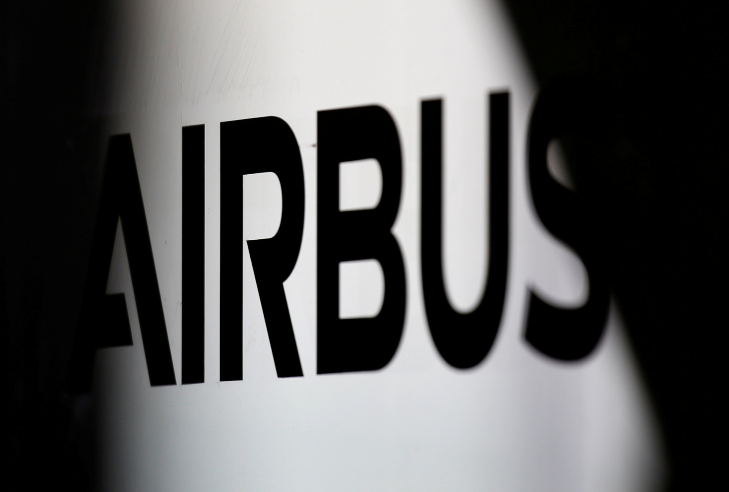Emirates chairman Sheik Ahmed bin Saeed al Maktoum gives Airbus a request for 50 A350-900s worth $16 billion stating that he believes the "aircraft will be a good fit" for the Dubai state-owned Emirates.
AINonline reported that the agreement with Airbus calls for deliveries to begin in 2023 and proceed into 2028.
Sheik Ahmed said this new arrangement replaces the memorandum of understanding (MOU) in February of 30 A350s and 40 A330neos.
However, he declined to talk further about the A330neo commitment.
He said, nonetheless, that Emirates continues with talks with Boeing regarding a potential company request for 787 Dreamliners.
Emirates has submitted a request for 150 of the widebodies, but Emirates CEO Tim Clark has communicated dismay over the postponement in the plane's arranged date of service availability.
Emirates had intended to take delivery of the first plane next June.
Motor related issues postponed the expected first delivery of Boeing until early 2021.
Emirates had the MOU for the 40 Boeing 787-10s during the 2017 Dubai Air Show.
Sheik Ahmed said that the company is sure about the performance of the A350XWB.
He added that he believes Airbus A350s will be a solid match for the company.
Likewise, he pointed out that with Emirates' A380s and 777s, the A350s will give the carrier additional operational adaptability on capacity, deployment and range that will take the aircraft on long stretch missions lasting 15 hours of flying time from Dubai.
The A350 is a series of long-range, twin-engine wide-body jet airliners while the A380 is the largest passenger airliner.
The 50 jets ordered by Emirates are its cornerstone A350-900 variety which can carry 300 to 350 passengers.
Sheik Ahmed clarified that the $16 billion arrangement likewise mirrors Emirates' trust on the future of UAE and its aviation coupled with a solid affirmation of Dubai's aim to be a global hub.
Emirates is the number one buyer of Airbus' iconic A380 and its cutback on orders early this year led the French manufacturer to stop its production.
Aviation analysts termed it the "end of an era," because the industry's symbol of luxury flight was put aside for smaller, more fuel-efficient planes.
Airbus CEO Guillaume Faury, when asked if the A380 production might resume said that though "it is a great plane" that will fly for decades, the decision to stop its production "is not reversed."





